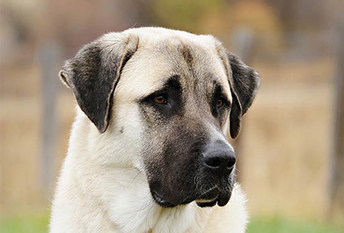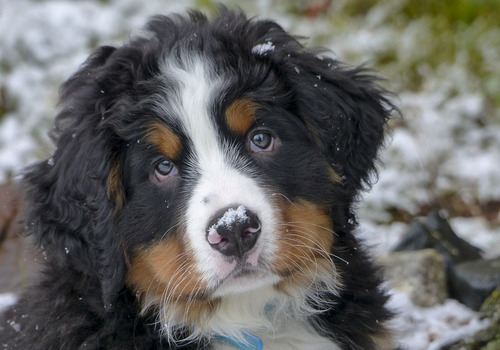The Bernese Mountain Dog is one of four mountain-dog breeds who were long at home in the canton of Bern. Berners earned their keep by driving cattle, guarding farmyards against predators, and serving as gentle companions when the hard work of the day was done.
Despite the breed’s great utility in the days before mechanized farming and ranching, by the late 1800s, the Berner’s numbers were dwindling and the quality of the surviving dogs left something to be desired.
In 1907, a Swiss breed club was formed under the leadership of Professor Albert Heim, perhaps the most respected European dog man of his generation.
The breed’s American history began in 1926 when a Kansas farmer imported a pair as all-around farm dogs. They caught on quickly, and the AKC registered its first Berner in 1937. Today, the Bernese Mountain Dog Club of America sponsors drafting and carting events that test the working ability of these majestic mountaineers.











